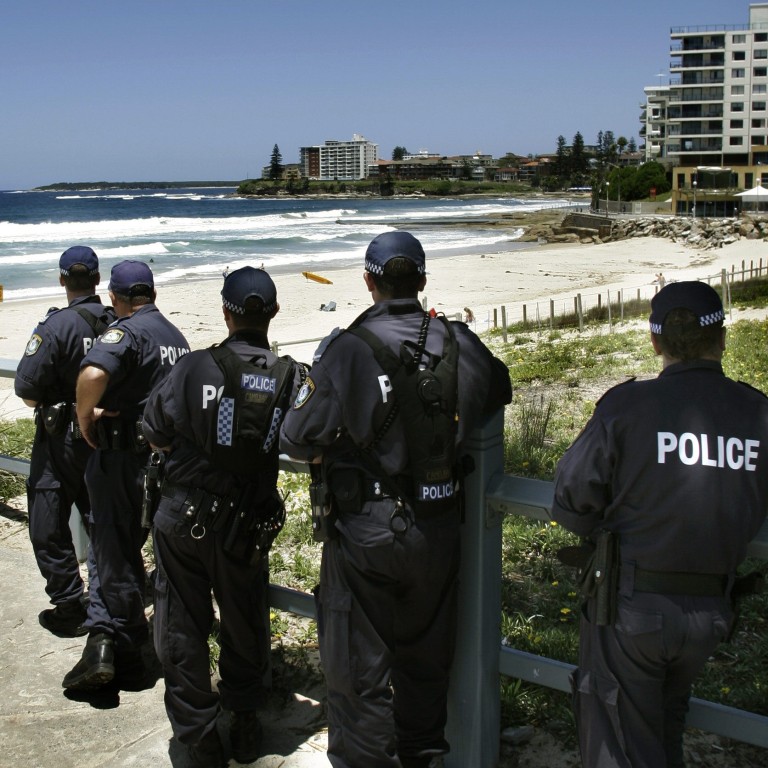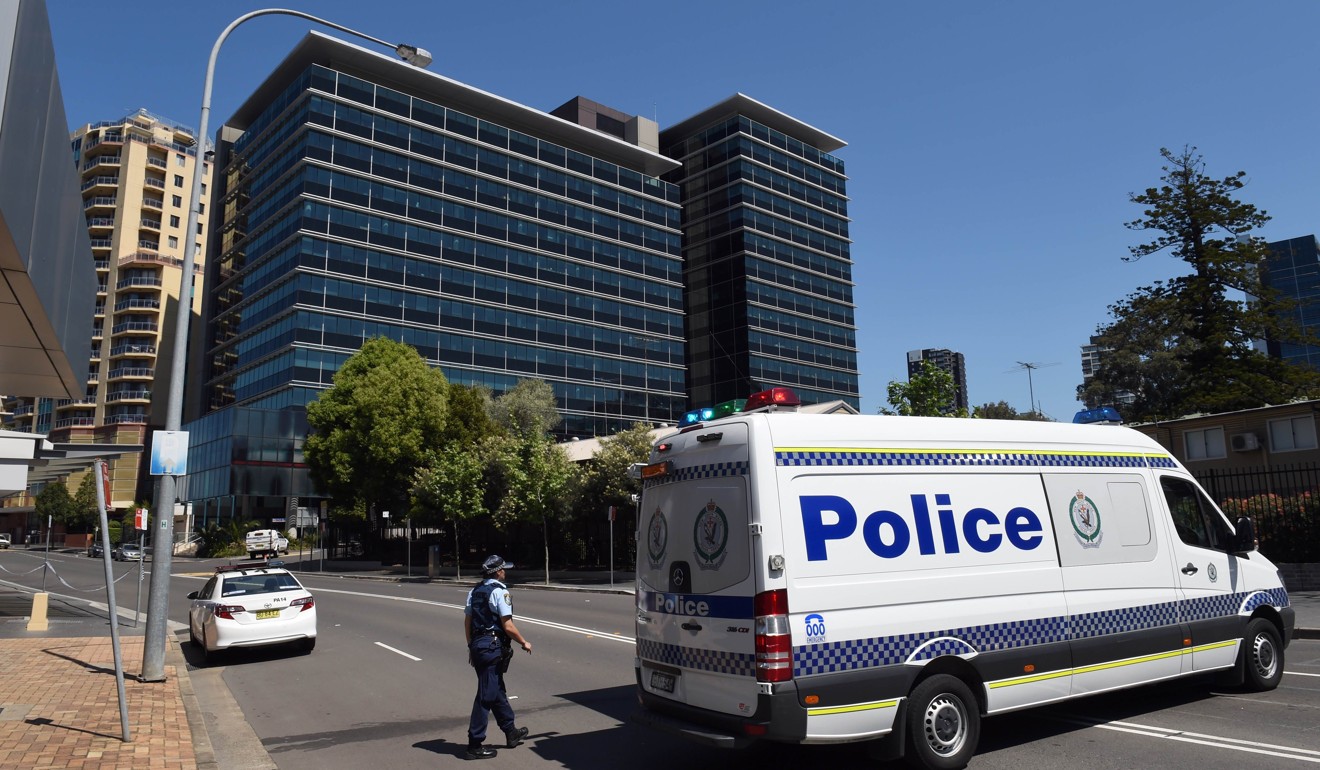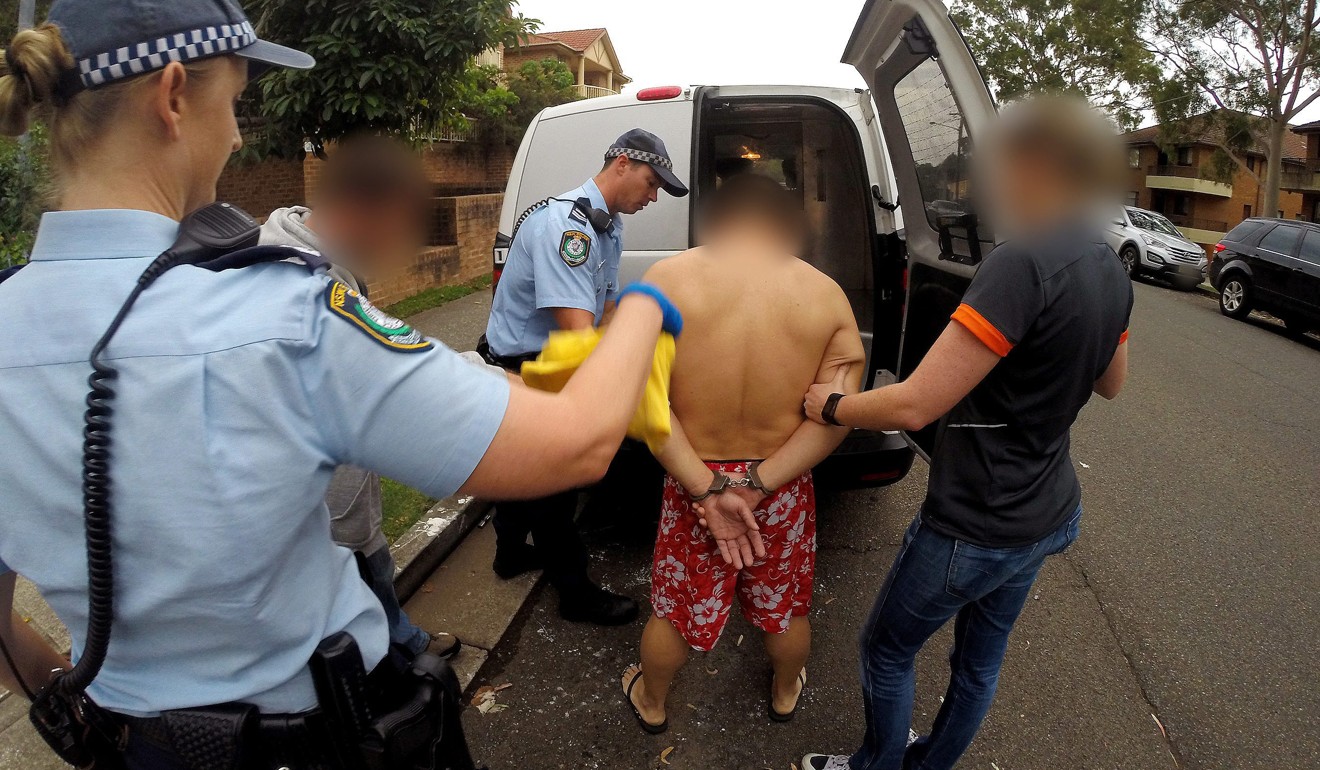
Strip-searches by Australia’s New South Wales police up nearly 50 per cent in four years
- Advocates call for an overhaul of the state’s ‘vague’ search powers
- Officers found nothing in nearly two-thirds of the strip-searches
The number of strip-searches conducted by New South Wales police over the past four years has increased by almost 50 per cent, prompting advocates to call for an overhaul of the state’s “vague” search powers.
Data released after questions in parliament from NSW Greens MP David Shoebridge show the number increased from 3,735 in 2014-15 to 5,483 in 2017-18, an increase of 46.8 per cent.
Police found nothing in 64 per cent of the strip-searches during the four-year period.

Under the Law Enforcement Powers and Responsibilities Act (Lepra), NSW police are allowed to conduct a strip-search outside a police station if the “seriousness and urgency of the circumstances” make it necessary.
Sam Lee, a lawyer from the Redfern Legal Centre, said the wording of the act was not specific enough.
“Our view is that the Lepra Act is quite vague and legalistic which makes it open to wide interpretation,” she said. “The law as it stands leaves it up to the mind of the officers to make the decision and that’s where the problem lies. You need some clear boundaries because they are invasive and shouldn’t be viewed as an ordinary search.”

Lee said the increase was confirmation of anecdotal reports that police were relying more heavily on strip-searches.
“It seems to be morphing into an ordinary search, which is not the way it’s supposed to happen,” she said. “Police are meant to turn their minds to whether an ordinary search should be conducted and then whether there are extra circumstances for a strip-search. Anecdotally there does seem to have been a change in policy or direction to account for this quite dramatic increase.”
Strip-searches are only meant to be done when they are urgent and necessary, but this ... is clearly not being complied with
In October the state’s police watchdog, the Law Enforcement Conduct Commission, announced an investigation into strip-searches following “a number of specific complaints and anecdotal information” about their misuse.
Those complaints included claims Indigenous children as young as 11 had been illegally strip-searched.
Shoebridge said the high rate of failure in strip-searches meant the methods were “causing only embarrassment and humiliation” to those subjected to them.
“Government programmes that get it wrong the great majority of times, especially where they are causing real damage, need to be brought to heel,” Shoebridge said. “Being strip-searched is deeply humiliating, especially for young people who so often are the targets of this kind of discretionary policing. Strip-searches are only meant to be done when they are urgent and necessary, but this requirement is clearly not being complied with by police who have performed thousands more searches in recent years.”
The NSW police force said in a statement officers were authorised to conduct the searches under Lepra.
“Officers are able to search a person in a number of circumstances including where they suspect on reasonable grounds a person is in possession of a drug, something stolen, a firearm or a prohibited weapon,” the police spokeswoman said.
“There are controls and safeguards about how extensive and on what basis officers can proceed with a search.”

